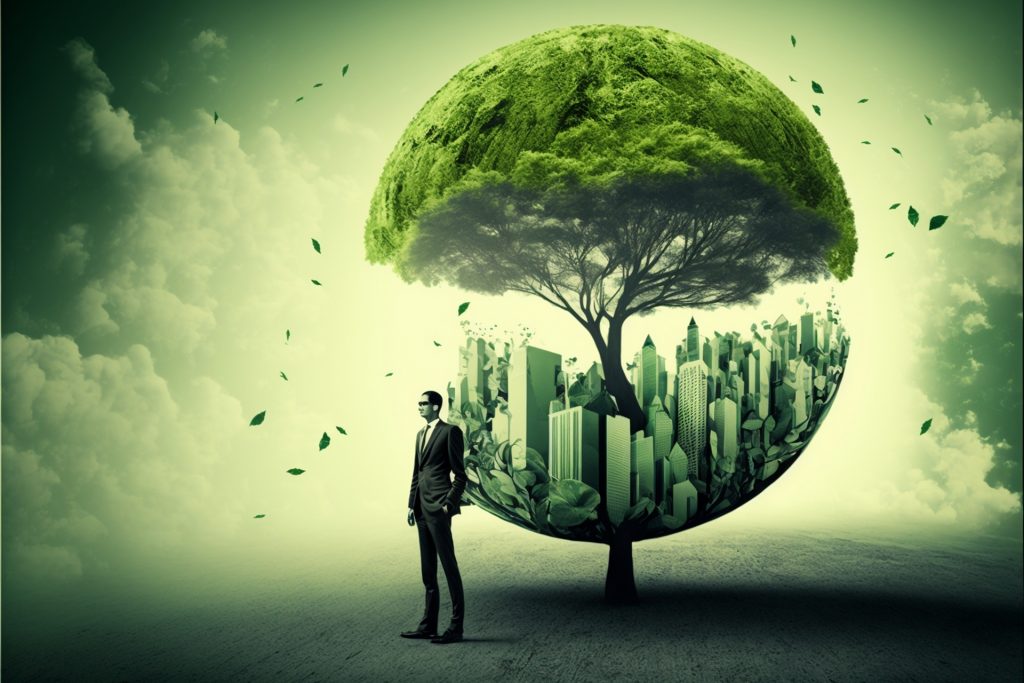Environmental Lawyer: Championing Our Planet in the Courtroom

Environmental lawyers are legal professionals who specialize in addressing and resolving environmental law issues. They play a crucial role in safeguarding our planet and upholding environmental regulations, acting as advocates for individuals, communities, organizations, and even entire ecosystems. Their work encompasses a wide range of areas, from pollution control and resource management to climate change litigation and conservation law.
The Growing Importance of Environmental Protection
In an era marked by climate change, pollution, and resource depletion, the need for environmental lawyers has never been greater. As we grapple with the complex challenges facing our planet, these legal experts are on the front lines, fighting for a sustainable future. They provide legal counsel to governments, businesses, and individuals, ensuring that environmental laws are enforced, resources are managed responsibly, and the rights of all stakeholders are protected.
Domains of Practice for Environmental Lawyers
Environmental law is a broad and dynamic field, encompassing numerous specialized areas. Here are some key domains where environmental lawyers play a critical role:
-
Air and Water Pollution: Environmental lawyers are essential in preventing and addressing pollution of our air and water resources. They work on cases involving industrial discharges, emissions from vehicles, and other sources of pollution, advocating for clean air and water standards and holding polluters accountable.

Climate Change: Climate change is one of the most pressing environmental challenges facing humanity. Environmental lawyers are at the forefront of this battle, representing individuals and organizations in legal challenges to government policies, corporate actions, and international agreements related to climate change mitigation and adaptation.
-
Waste Management: Environmental lawyers navigate the complex legal frameworks surrounding the management of hazardous and non-hazardous waste. They work on cases involving landfill siting, hazardous waste disposal, and recycling regulations, ensuring that waste is managed in an environmentally responsible manner.
-
Natural Resource Conservation: Protecting our planet’s natural resources is crucial for present and future generations. Environmental lawyers work on issues such as habitat conservation, endangered species protection, and sustainable forestry, advocating for policies and practices that preserve biodiversity and ecological integrity.
-
Environmental Impact Assessment: Major development projects can have significant environmental impacts. Environmental lawyers play a role in ensuring that these projects undergo thorough environmental impact assessments and that appropriate mitigation measures are implemented to minimize potential harm.

-
Land Use and Zoning: Sustainable land use is essential for mitigating environmental damage. Environmental lawyers work on land use planning issues, advocating for environmentally sound zoning practices, smart growth initiatives, and conservation easements.
-
Environmental Litigation: A significant aspect of environmental law involves litigation. Environmental lawyers represent clients in lawsuits against polluters, government agencies, and other entities that violate environmental laws and regulations.

The Skills and Qualities of a Successful Environmental Lawyer
Becoming a successful environmental lawyer requires a unique blend of legal expertise, scientific understanding, and advocacy skills. Here are some key qualities that are essential:
- Strong Legal Foundation: A solid understanding of legal principles, research methods, and litigation strategies is crucial. Environmental lawyers must be able to analyze complex legal issues, draft compelling legal documents, and argue effectively in court.
- Environmental Science Knowledge: Environmental lawyers need a good grasp of basic environmental science concepts, including pollution, climate change, biodiversity, and natural resource management. This knowledge helps them understand the technical aspects of environmental law cases and effectively advocate for their clients.
- Analytical and Problem-Solving Skills: Environmental law often involves complex and multifaceted issues. Environmental lawyers must be able to analyze data, identify legal precedents, and develop creative solutions to complex environmental problems.
- Communication and Advocacy Skills: Environmental lawyers are often in the role of advocates, representing clients and advocating for their interests in legal proceedings, negotiations, and public forums. Excellent written and oral communication skills are essential.
- Passion for Environmental Protection: A genuine commitment to environmental protection is fundamental. Environmental lawyers must be driven by a desire to make a positive impact on the environment and ensure a sustainable future.
The Impact of Environmental Lawyers
The work of environmental lawyers has a profound impact on our planet and the well-being of all living beings.
-
Enforcing Environmental Laws: They ensure that companies and individuals comply with environmental regulations, holding polluters accountable and preventing environmental harm.
-
Protecting Vulnerable Ecosystems: Environmental lawyers fight to protect endangered species, preserve critical habitats, and conserve vital ecosystems, ensuring biodiversity and ecological integrity.
-
Promoting Sustainable Development: They advocate for policies and practices that promote sustainable development, balancing economic growth with environmental protection and social responsibility.
-
Empowering Communities: Environmental lawyers often represent marginalized communities who are disproportionately affected by environmental injustice. They empower these communities to participate in decision-making processes and fight for their environmental rights.
Looking Ahead: The Future of Environmental Law
As the challenges facing our planet continue to evolve, the role of environmental lawyers will become even more crucial. They will need to adapt to new technologies, innovative legal strategies, and a rapidly changing global landscape.
Here are some key trends shaping the future of environmental law:
- Climate Change Litigation: Expect to see a rise in climate change litigation, with individuals, communities, and organizations holding governments and corporations accountable for their contributions to climate change.
- Technological Advancements: Emerging technologies, such as artificial intelligence and blockchain, will likely be increasingly utilized in environmental law, from monitoring pollution levels to tracking illegal wildlife trade.
-
International Cooperation: Addressing global environmental challenges will require increased international cooperation and the development of robust global environmental governance frameworks. Environmental lawyers will play a key role in navigating these complex international legal issues.
Environmental lawyers are essential guardians of our planet, using their legal expertise and unwavering commitment to protect our environment for present and future generations. As we face increasingly complex environmental challenges, their role will only become more critical in safeguarding the health and sustainability of our planet.
